Half body CPR training manikin(Sim....
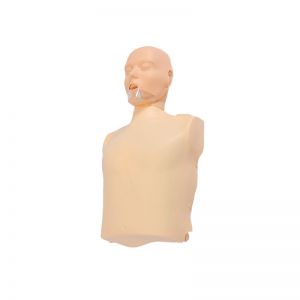
BIX/CPR100A
Advanced fully automatic electroni....
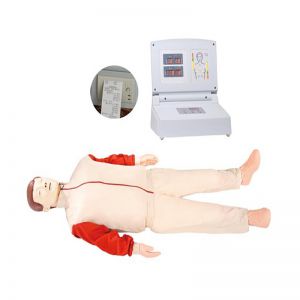
BIX/CPR480
Advanced computer half body CPR ma....
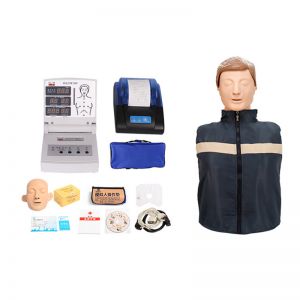
BIX/CPR260
Advanced infant head for trachea i....
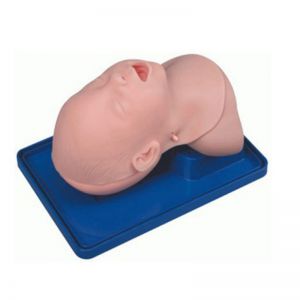
BIX-J3A
Neonate Head for trachea Intubatio....
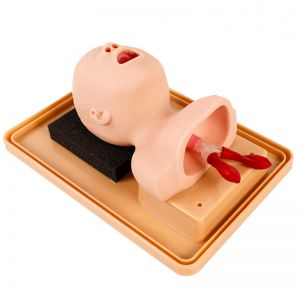
BIX-J2A
Created on:2024-03-23 | bomn
In the world of medical care, every detail is related to the patient's life and health. Today, we are going to focus on two crucial nurs...
In the world of medical care, every detail is related to the patient's life and health. Today, we are going to focus on two crucial nursing techniques: nasogastric tube care and tracheal care. They are not only a key link in medical work, but also an important guarantee for the safety of patients' lives.
Nasogastric tube, as a common medical auxiliary device, is mainly used to provide nutritional support and drug treatment to patients. However, inserting a nasogastric tube is not a simple operation. It requires professional skills and careful observation by medical staff. During the care of the nasogastric tube, medical staff need to regularly check whether the tube is unobstructed to ensure that nutrients and drugs can be smoothly delivered to the patient. At the same time, they must pay close attention to the patient's reaction and promptly adjust the position and depth of the nasogastric tube to reduce the patient's discomfort.
Just as important as nasogastric tube care is tracheal care. The trachea is a key component of the human respiratory system, and any tiny foreign body or infection may cause serious consequences. Therefore, healthcare professionals need to be extra careful during tracheal care. They not only have to keep the patient's respiratory tract moist and clean to prevent sputum blockage, but they also have to turn the patient over and pat their back regularly to help them expel phlegm. When necessary, medical staff also need to use equipment such as sputum suction machines to remove secretions from the patient's respiratory tract in a timely manner to ensure that the patient can breathe smoothly.
In the process of nasogastric and tracheal care, the professionalism and responsibility of medical staff are crucial. They need to have extensive medical knowledge and practical experience to accurately judge the patient's condition and take appropriate nursing measures. At the same time, they must maintain a high degree of patience and carefulness, always pay attention to the needs and changes of patients, and provide patients with comprehensive care.
Nasogastric tube and tracheal care are important links in medical care. They not only require medical staff to have professional skills and knowledge, but also require them to care for every life with their heart. Let us pay tribute to these medical staff who are silently dedicated on the road of life, and thank them for their efforts to protect the lives and health of patients!